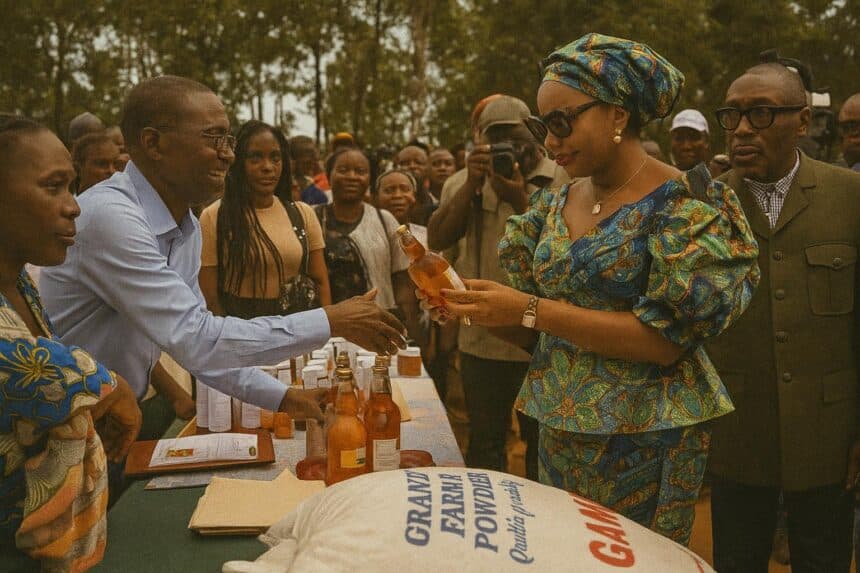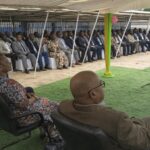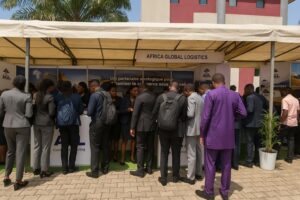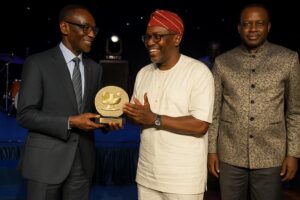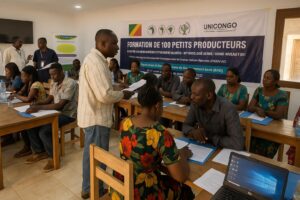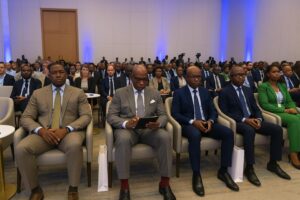A Roadshow Steeped in Policy Continuity
Few governmental programmes in Central Africa display the same performative symbolism as Congo-Brazzaville’s travelling entrepreneurship caravan. Conceived under the authority of the Ministry of Small and Medium-Sized Enterprises and Artisanat, the initiative was launched in March 2024 in Ignié and has now proceeded southwards to Dolisie. The minister, Jacqueline Lydia Mikolo, echoed the cabinet’s overarching National Development Plan 2022-2026, presenting the caravan as a practical outworking of Brazzaville’s drive to convert macroeconomic stability into grassroots opportunity (African Development Bank 2024).
Youthful Demographics and the Promise of Job Creation
Demographically, the Republic of Congo is young: nearly two-thirds of its citizens are under thirty, according to the latest census (UNFPA 2023). Officials therefore market the caravan less as a bureaucratic roadshow than as an exercise in economic demography. By delivering information on legal status, taxation and access to finance directly to secondary cities, the organisers seek to pre-empt the pathways that too often lead talented youth toward precarious informal employment or costly migration. In her remarks, Minister Mikolo encouraged participants to “dare to venture”, signalling a rhetorical pivot from aid dependence to self-propelled value creation. Far from mere sloganeering, the northern leg of the caravan wp-signup.phped 8 996 aspiring entrepreneurs—an almost equal gender split that mirrors the government’s stated commitment to inclusive growth.
Harnessing the “Green Gold” Advantage
Dolisie’s moniker as the capital of “green gold” is more than local boosterism. The city sits at an ecological crossroads where dense forest, navigable rivers and arable plateaus converge. Those natural endowments make the Niari department a potential hub for agro-processing, eco-tourism and timber value-addition—sectors that feature prominently in regional investment memoranda circulated by the World Bank (2023). By anchoring the southern launch in Dolisie, policymakers intend to showcase a portfolio of bankable projects that speak to climate-smart imperatives while reinforcing the president’s public commitment to environmental stewardship.
Institutional Architecture Behind the Caravan
Operationally, the caravan is steered by the National Agency for the Development of Micro, Small and Medium Enterprises, whose director-general, Aimé Blanchard Linvani, has distilled the mission into three verbs: inform, incite and accompany. Informing involves onsite clinics where jurists explain simplified incorporation procedures. Inciting relies on testimonial panels featuring local business success stories. Accompanying translates into follow-up diagnostics that map each enrollee to financing windows, incubators or technical mentors provided by Congolese banks and multilateral partners. Such an architecture exemplifies the state’s preference for a facilitative rather than dirigiste posture, aligning with continental best practice highlighted by the Economic Commission for Africa (2023).
Diplomatic Implications and Regional Echoes
While domestically focused, the caravan carries soft-power dividends. Brazzaville has courted international goodwill by emphasising that a robust SME sector fortifies regional supply chains from Pointe-Noire to Cabinda. Diplomats in attendance discreetly noted that a successful southern tour could complement the African Continental Free Trade Area by nurturing export-ready clusters in food processing and wood derivatives. Moreover, by underscoring gender balance among participants, the organisers align with the UN’s Generation Equality agenda, a gesture likely appreciated by development partners already active in Congo’s forestry and conservation spheres.
Sustaining Momentum Beyond the Headlines
Yet programmes of this nature are only as enduring as their post-event scaffolding. Municipal leaders such as Mayor Marcel Koussikana have urged Dolisie’s youth to seize the opportunity, but local chambers of commerce will need to institutionalise mentorship circles and procurement set-asides if initial enthusiasm is to mature into bankable ventures. Observers recall earlier outreach initiatives that faltered once the convoy’s banners were packed away. The present caravan appears better insulated against fatigue: a digital dashboard, developed with support from the African Fintech Network, will track each registrant’s journey from idea to invoice. Such data-driven accountability could prove decisive in converting the symbolism of a roadshow into sustained enterprise creation.

